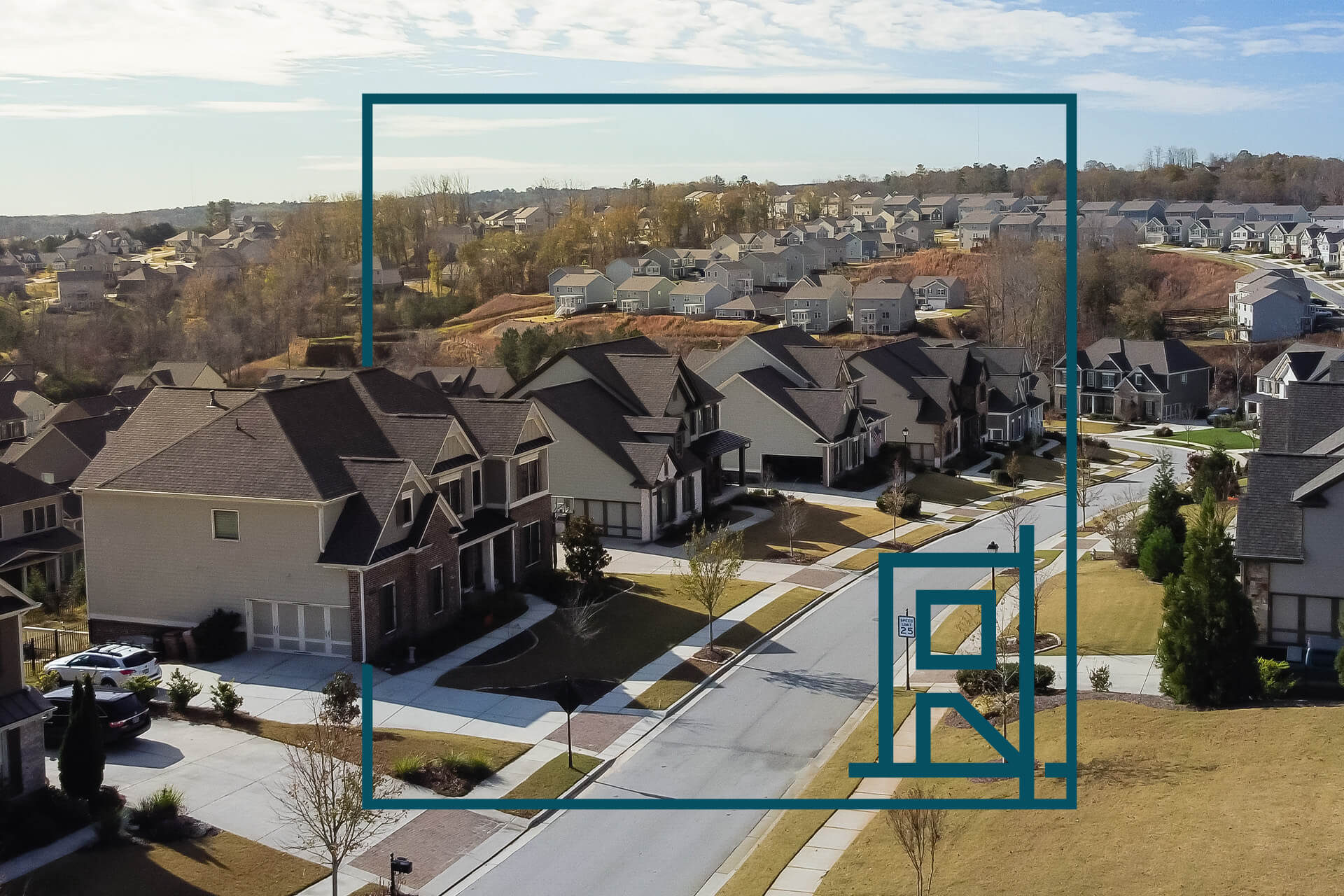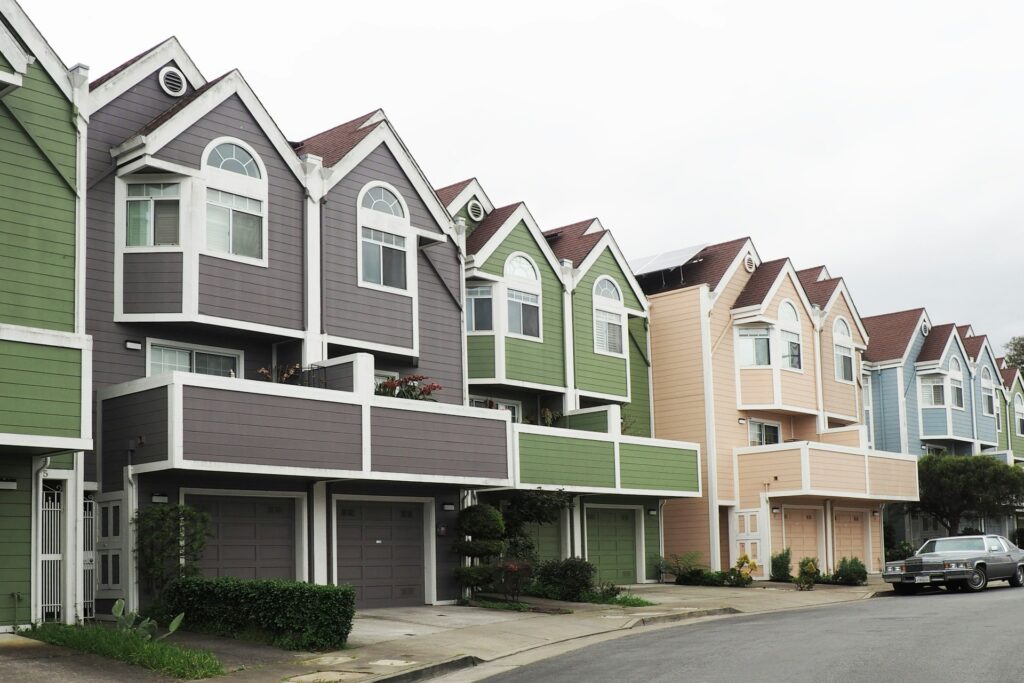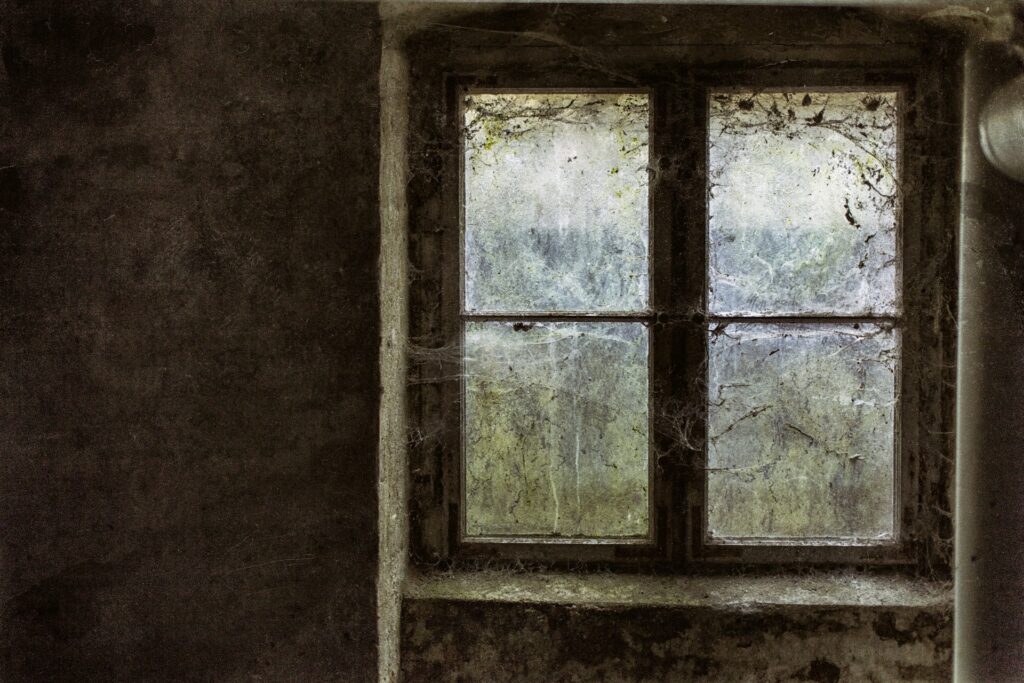
We are reader-supported. When you buy through links on our site, we may earn an affiliate commission.
When hunting for your new home, you’ve probably factored in the cost of monthly mortgage payments, homeowner’s insurance, school taxes and property taxes. An extra recurring fee could push your dream house out of reach if you aren’t prepared for it.
There are currently an estimated 40 million homes in HOA communities, housing 53% of all US homeowners. That number will only continue to rise — with an average of 4,000 new HOA communities created each year.
If you’re considering purchasing a home with an established homeowner’s association (HOA), get all the facts so you can make an informed decision. HOAs aren’t inherently bad or good — each one is a bit different. So, are HOA fees worth it? The answer depends on your stage of life, the particular HOA and what you want for your money.
What Is an HOA?
HOAs are self-governing bodies that maintain planned communities, subdivisions and condos. An elected board of directors oversees the maintenance of communal areas and establishes and enforces rules for upkeep and behavior. The general responsibility of an HOA is to improve the experience of everyone in the community and increase the overall property values.
What Do HOA Fees Cover?
Every HOA is a bit different, but they’ll generally cover these four areas:
1. Upkeep of Communal Spaces
Depending on where you live, the type of communal areas will differ, but they should all be maintained by the HOA. They’re responsible for contracting services to keep spaces looking pristine. Commonly, this will include cleaners, security guards, desk workers, lawn care specialists, snow removal and maintenance.
Some HOA communities provide lawn care services and maintenance for individual residents in addition to the public areas, but in most cases, those responsibilities will fall on you.
2. Amenities
Commonly, HOAs will support a community pool and a park. Other possibilities include:
- Clubhouse
- Restaurant
- Fitness center
- Concierge services
- Coworking space
- Tennis courts
- Golf
- Hiking trails
3. An Emergency Fund
Emergencies happen, and HOAs are determined to be prepared. When the time comes, your board of directors will have a plan to pay for the necessary repairs. Often, a portion of the monthly fees is set aside in a reserve fund, used for more considerable expenses like emergencies, new amenities or large-scale updates.
However, sometimes the HOA doesn’t have a reserve in place, and when costly bills come to the board, they’ll split the payment between all residents and tack it on to your monthly fee.
4. Insurance
While you’ll still need to provide insurance for the inside of your home, an HOA will usually pay for coverage of all common areas. With condo buildings and townhomes, the exterior is a shared space and falls under the responsibility of the HOA. The major exception is single-family homes. In that instance, you own the entirety of the house and lot and will need to have coverage for the interior and exterior.
How Much Are HOA Fees?
Living in an HOA community has its perks, but they come at a premium. The average monthly fee is between $200-300. However, costs can vary widely.
A condo with security, a fitness center, a concierge desk, a spa, a pool and utilities could cost more than $1,000 a month. In contrast, a single-family home in a small gated community with no extra amenities would likely cost less than the national average.
Before opting into these costs ask yourself: Are the HOA fees worth it? Will I use the amenities and services my dues cover?
Can You Opt-Out of Paying?
Whether you love them or hate them, if you purchase a home with an HOA, you have no choice but to pay your monthly dues. You can’t enjoy the amenities and benefits without contributing. Failing to pay, for whatever reason, could lead to severe consequences.
The HOA is legally allowed to sue you for the amount owed plus interest, or they might just send your bill to collections. In more extreme circumstances, you could have a lien placed on your home or foreclosure.
HOAs tend to take payment delinquency very seriously and have been known to take action over only a few hundred dollars.
Questions to Ask Before Buying a Home With an HOA
Before purchasing a home in an HOA community, sit down with someone from the board or a knowledgeable realtor to get answers to any questions you may have. Some suggestions are:
1. What Is the Average Annual Fee Increase?
Just because you can afford to pay your dues now doesn’t mean you’ll be able to in the future. Leave wiggle room in your budget for inflation.
2. Do They Have a Reserve Fund?
Some HOAs establish a reserve fund to pay for large expenses from emergencies, significant updates and new amenities. Others will split the cost across their residents and add it to the monthly bill as a special assessment.
3. What Is Included With Your Dues?
While amenities might sound nice, they’ll cost you a pretty penny. Before purchasing a home in an HOA community, make sure you know exactly what you’re paying for. Spending extra money every month for a clubhouse and fitness center only makes sense if you’ll use those facilities.
4. What Special Rules Will I Have to Follow?
HOAs are responsible for maintaining a consistent appearance and peaceful building or neighborhood. As such, they often have strict rules set in place. Check to make sure you’re ok with each item before agreeing to live in an HOA community. They can control everything from the height of your grass or the color of your home to where you can park your car or if you can own a pet.
5. Are There Rental Restrictions?
Renting all or part of your home temporarily with companies like Airbnb has quickly become a popular way to make a side income. If that is something you’re interested in now or down the road, make sure your HOA doesn’t have any rules against it. Guests are less likely to follow/know the community rules, like quiet hours, so boards often will prohibit renting out your property.
Are HOA Fees Worth It?
Judging if HOA fees are worth it is an individual decision and depends on many moving parts. Will you use all of the amenities they have to offer? Are your monthly expenses still within your budget after adding the HOA fee? Do you have room for special assessments and yearly dues increases? Are you willing to follow all of the particular rules?
Take your time before deciding to purchase a home or condo in an HOA community, and make sure that it’s a good fit for you. If you’ll enjoy the experience, then the fees can absolutely be worth it.










